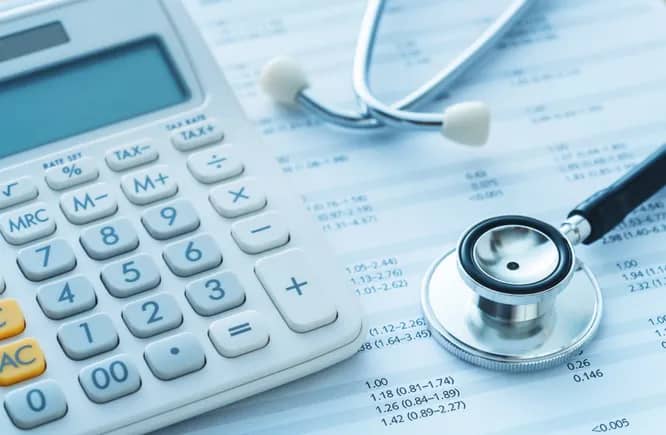This audio is auto-generated. Please let us know if you have feedback.
Dive Brief:
- Patients with less education, lower financial literacy and those without health insurance are less likely to contest medical bills, according to a study published Friday in JAMA Health Forum.
- One in five survey respondents reported that their household had received a bill they disagreed with or couldn’t afford in the past year, but only 62% reached out to a billing office to address the problem.
- But disputing medical bills can help patients financially — most respondents who contested their bill reported at least one form of financial relief, like bill corrections or payment plans.
Dive Insight:
The study published last week in JAMA, which surveyed more than 1,000 people, found differences in those who advocated for themselves when receiving unaffordable or incorrect medical bills — which could worsen inequities in medical debt burden.
The predicted probability of reaching out to billing offices was about 20% for patients without a high school diploma, compared with above 60% for those who had completed some higher education, according to the research.
People with private insurance had a 68% probability of disputing a bill, compared with about 33% for the uninsured and 30% for Medicare enrollees.
But disputing medical bills did make an impact for patients. Of those that reached out, nearly 26% reported bill corrections, 18% had a better understanding of the bill and 15% reported a price drop. About 24% reported no change.
The research comes as healthcare affordability has become a perennial challenge in the U.S. About half of adults say it’s difficult to afford medical costs, and 1 in 4 reported they had skipped or delayed care in the past year due to the expense, according to a report by health research firm KFF.
Federal regulators — as well as some states and local governments — have taken steps to lessen the weight of medical debt. The Consumer Financial Protection Bureau proposed a rule that would remove medical debt from Americans’ credit scores early this summer.
And in August, New Jersey became one of the latest states to buy up and forgive residents’ medical debt, joining others like Connecticut and Illinois.
Though the uninsured most frequently report challenges paying for healthcare, being enrolled in coverage doesn’t fully alleviate the cost burden — and millions of Americans have racked up medical debt as a result.

